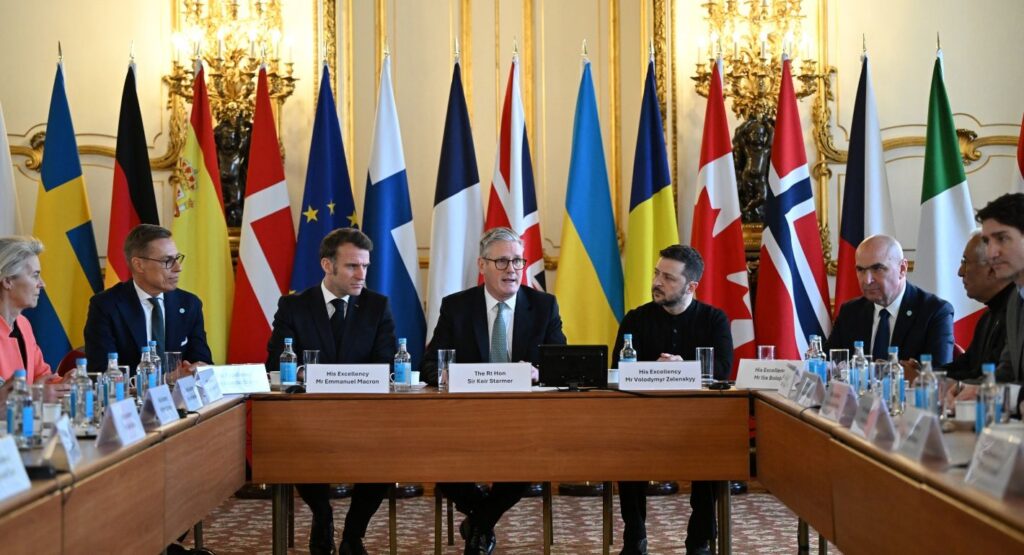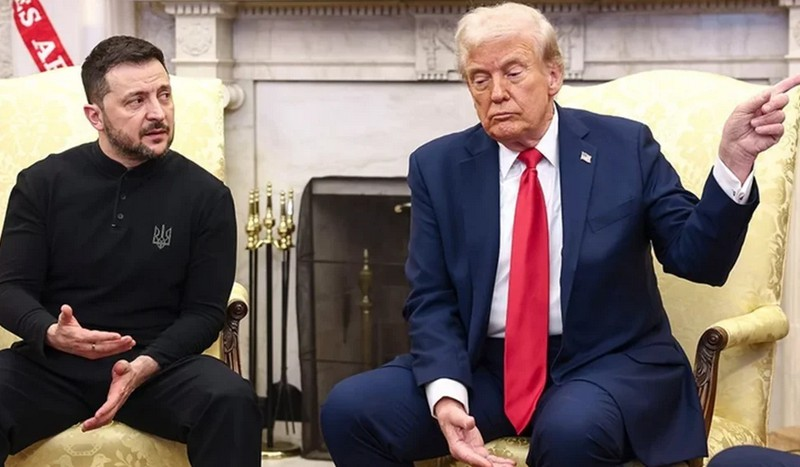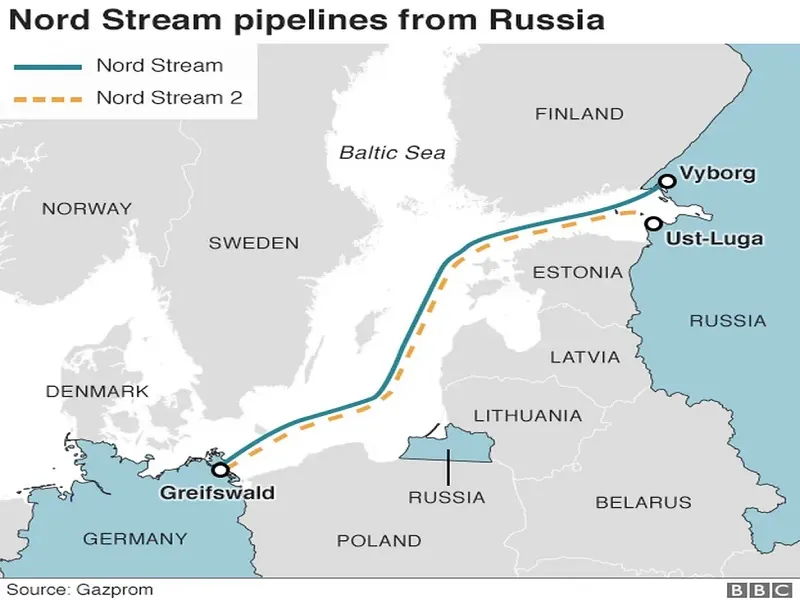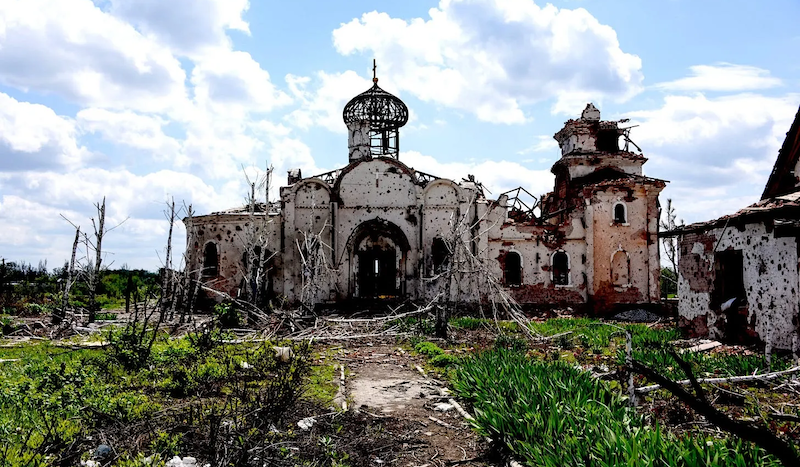What’s so special about Ukraine’s minerals? A geologist explains

Ukraine’s minerals have become central to global geopolitics, with the US president, Donald Trump, seeking a deal with Ukraine’s president Volodymyr Zelensky to access them. But what are these minerals exactly and why are they so sought after?
Ukraine is often recognised for its vast agricultural lands and industrial heritage, but beneath its surface lies one of the world’s most remarkable geological formations, the “Ukrainian Shield”.









